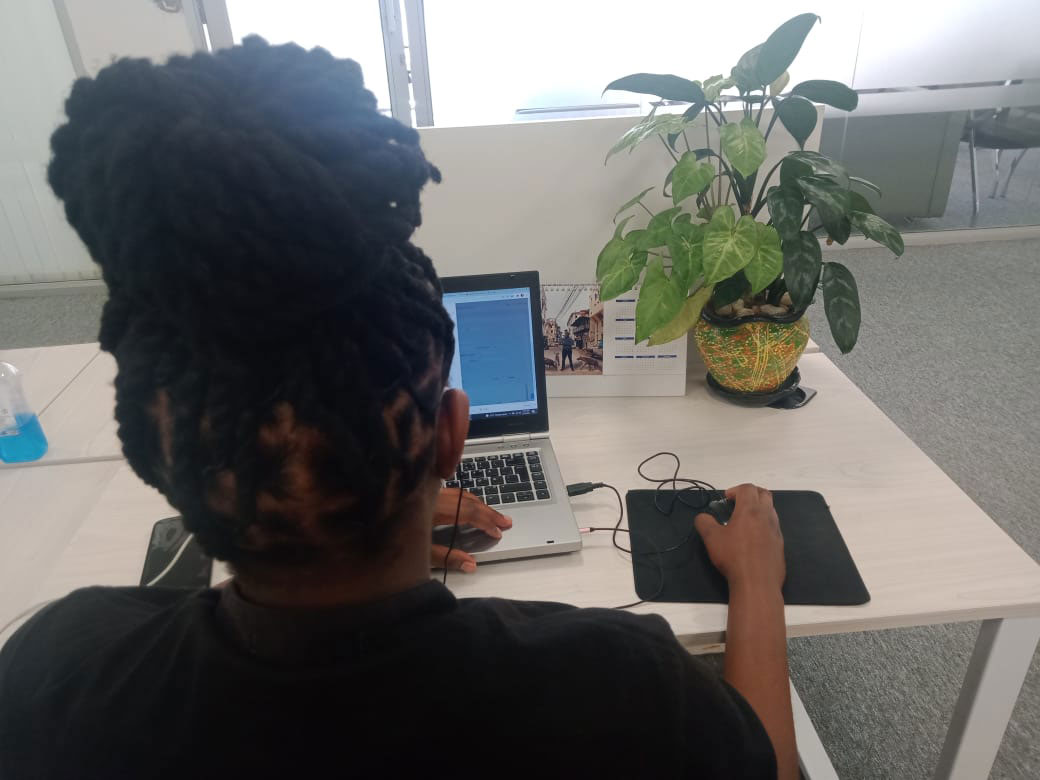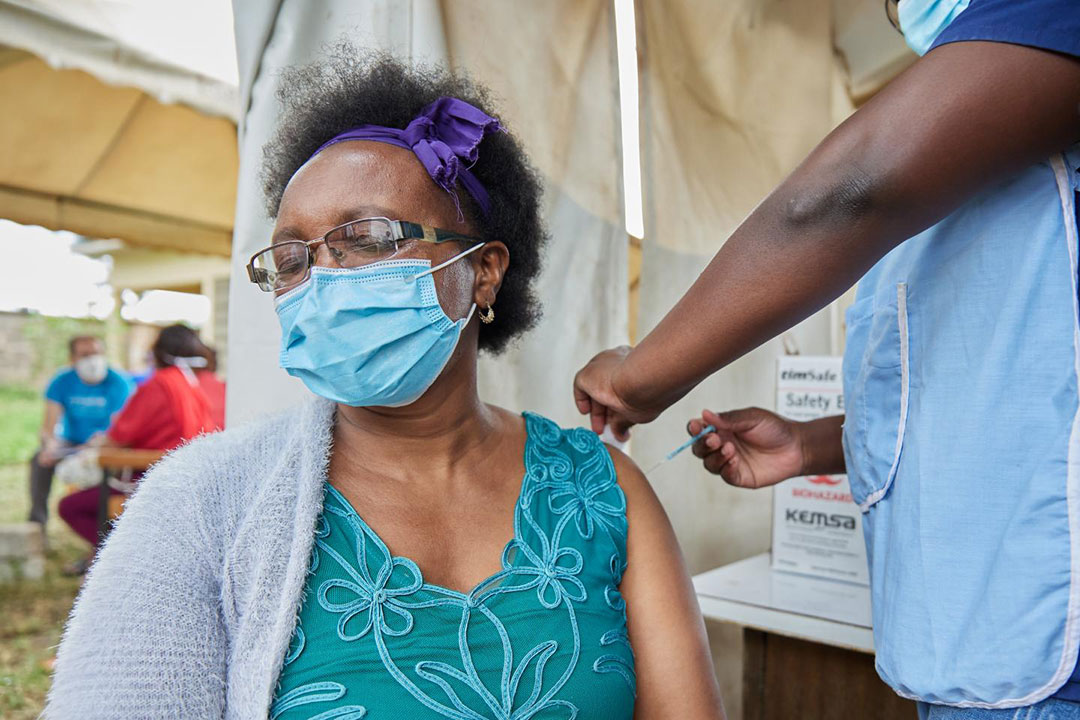Social media helps boost vaccine coverage in Kenya
Social media and digital advertising has contributed to an increase in immunisation in Kenya.
- 21 February 2022
- 3 min read
- by Magdaline Muranda

While across the world social media is often the target of criticism for helping the spread of misinformation, particularly around vaccines, in Kenya organisations are developing sophisticated strategies to use the platforms to boost vaccine coverage.
It is estimated that, as of January 2022, the total number of active social media users in Kenya exceeded eight million. Through vaccine ads highlighting child immunisation, its importance and urgency, many Kenyan parents have ended up immunising their children.
“I once clicked on an ad by the Ministry of Health and it was about child immunisation. It linked to a clear document which included a vaccination calendar template. I downloaded it and have been using it track my children’s vaccinations.”
“I am an ardent user of social media and, in a way, through it, I have vaccinated my children accordingly. I once clicked on an ad by the Ministry of Health and it was about child immunisation. It linked to a clear document which included a vaccination calendar template. I downloaded it and have been using it track my children’s vaccinations,” Chao Gae, a Kenyan parent says.
Social media planner Christine Kibe has also been part of various campaigns that use online ads to increase the number of vaccinated Kenyans.

“I was involved in running a month-long Facebook ad campaign targeting people between the ages of 18 and 35 years from the Western region of Kenya where there are a lot of young parents. By the end of the month, we had over 1,000 children from the region being immunised,” she says.
Alongside other government behaviour change campaigns, online advertising has not only helped reduce the number of zero-dose children but has also increased the number of Kenyans taking the COVID-19 jab.
Have you read?
“I cannot lie. It was the digital ads I had been seeing online that made me commit to taking this jab. Initially, I was reluctant. I first opened an ad on vaccinations about two weeks ago and yesterday I chose to get jabbed,” Sharmey Sharon says.

She is one of the many Kenyans who have learnt about the importance of COVID-19 vaccines via educational and awareness digital ads.
“The ads have apt and clear explanations which are convincing and shed enough light on the need to vaccinate,” she adds.
According to a report by Reel Analytics, so far, the Kenyan Ministry of Health has channelled over Ksh 3.77 billion (US$ 33.1 million) towards COVID-19 awareness campaigns with the bulk of the advertising spend during the period of the pandemic aimed at sensitising Kenyans on the virus.
Other institutions, such as the Kenya Commercial Bank, which collaborated with the Ministry of Health for the Komesha Corona campaign, Safaricom plc and The Standard Group have also spent significantly on advertising to educate Kenyans on COVID-19 and the importance of vaccination. So far, the strategy appears to be working.
Follow Magdaline on Twitter @murandamag
More from Magdaline Muranda
Recommended for you






